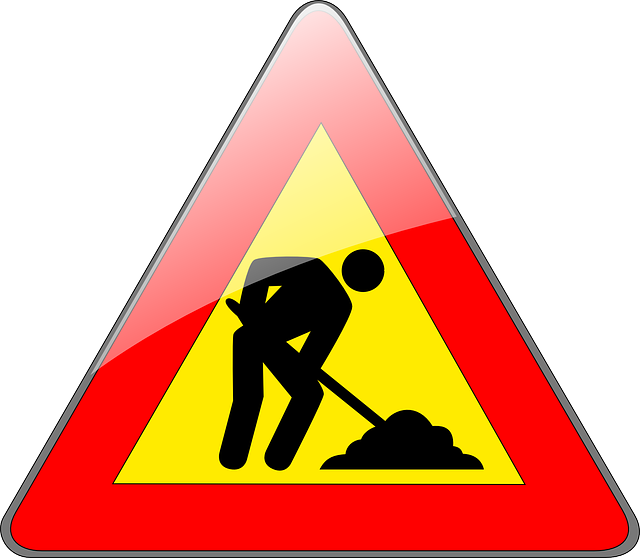Real Estate professionals must stay compliant with legal and regulatory requirements to avoid severe penalties like fines and license revocation. Proactive strategies include staying informed about laws, maintaining thorough documentation, open communication, staff training, clear protocols, and regular record-keeping audits to protect both individuals and the industry's reputation.
In the dynamic landscape of real estate, understanding noncompliance and its legal implications is paramount for professionals. This article delves into the intricacies of noncompliance within the sector, exploring its potential penalties and offering strategic insights. From appreciating the nuances of nonadherence to implementing risk mitigation tactics, real estate practitioners must navigate these waters wisely. By embracing proactive measures, agents can ensure ethical conduct, mitigate legal risks, and foster trust in their transactions.
Understanding Noncompliance in Real Estate

In the realm of real estate, noncompliance refers to a situation where a party fails to adhere to applicable laws, regulations, or contractual obligations. This can range from not fulfilling disclosure requirements during property transactions to ignoring zoning ordinances or failing to meet building safety standards. Such noncompliance can have significant implications, particularly in terms of legal consequences.
Real estate professionals must stay informed about the various rules and guidelines that govern their industry to avoid noncompliance. This includes understanding fair housing laws, environmental regulations, and local city planning policies. By proactively addressing these requirements, agents, brokers, and property owners can protect themselves from potential penalties, including fines, legal disputes, and even license revocation.
Legal Ramifications for Real Estate Professionals

For real estate professionals, noncompliance with legal and regulatory requirements can have severe consequences, including substantial fines and potential license revocation. In the competitive market of real estate, where trust and integrity are paramount, any violation of laws pertaining to property transactions, disclosures, or fair housing practices can damage a broker’s or agent’s reputation and business prospects.
These legal ramifications extend to various areas such as contract law, environmental regulations, and data privacy standards. Real estate professionals must stay abreast of local, state, and federal laws to ensure every step of the buying, selling, or leasing process complies with applicable regulations. Failure to do so not only puts individuals at risk but also undermines the integrity of the entire real estate industry.
Strategies to Mitigate Risks of Noncompliance

To mitigate the risks of noncompliance in Real Estate, professionals should implement proactive strategies. This includes staying updated with changing laws and regulations, ensuring thorough documentation of all processes, and maintaining open lines of communication with stakeholders. Regular training for staff on compliance matters is also crucial to foster a culture of adherence to legal requirements.
Additionally, establishing clear internal protocols and implementing robust systems for record-keeping can significantly reduce the chances of noncompliance. Regular audits and reviews of procedures should be conducted to identify potential gaps and ensure ongoing compliance. By adopting these strategies, Real Estate practitioners can effectively navigate the regulatory landscape, avoiding legal penalties and maintaining their reputation in the industry.






